 by Emily Enger
by Emily Enger
If you thought the romantic notion of traveling to America to herd cattle was dated to black and white John Wayne films, you would be wrong. At least, Robert Groom has lived in a way to defy such concern. True, he isn’t guiding cattle trains along the Rio Grande, but a slight European accent tells folks that for him, America remains the land of dreams.
Groom comes from a long line of tenant farmers, men who rented acreage and therefore made attachments with the industry and way of life more than the location. Men unafraid of going new places to get what they wanted. “When my grandfather bought his farm in England, it was 30 miles from his home and everyone thought he was moving to the ends of the earth,” Groom laughs. “Then my father bought his farm in Scotland, which was 320 miles away and everyone, again, thought it was the ends of the earth.”
Apparently, the gene runs in the family. Groom settled in Upstate New York, 3,000 miles away from home. His sister bought a farm in New Zealand, 12,000 miles away. The running family motto, according to Groom, is: “Farming poorly on three continents and two hemispheres.”
For Love of Breed
Most people have a preference and favorite type when it comes to their livelihood, whether they are farming or doing something else. But people don’t typically favor their preference to the point of selling their belongings and moving to a new country. Groom refers to himself as an Angus man, and he’s earned the title. “It’s the Angus cattle that really got in my blood, that really drive me along.”
While Angus is a native breed to Scotland, it is not a dominant breed in that country. In the U.S., however, Angus are both popular and well-bred. Hence Grooms first inkling to look state-ward. He did a three month study that toured American Angus farms. After visiting approximately 20 states in 90 days, his mind was made up: he wanted to move to America.
Though Groom insists his wife “knew what she was getting into” when marrying him, she may have something different to say about it. But the couple did immigrate with eyes wide open. In addition to Groom’s Angus tour, he and his wife had previously been to America together. Early in their marriage they vacationed in the States. Also, like good farmers, they had taken their honeymoon in American cattle country — kindling the romance while touring Montana and the Dakotas in a rental car.
They began looking for an opportunity to come to the U.S. Eventually, Groom saw an advertisement: ‘Manager/partner wanted for beef farm,’ it read.
So Groom, his wife, and their 18-month-old son traveled to Lyons, NY to raise American Angus.
Bad timing
This American Dream story is not without its setbacks. The Grooms arrived in 1998 with work visas. Groom managed the beef farm he’d been hired at and eventually purchased some of his own acres. But there is no path to citizenship through land ownership and they had no health insurance. To get those, Groom’s wife took a job doing medical research at the University of Rochester.
The Grooms applied for their green cards in Rochester, NY in 2001. Specifically, their meeting took place early in the morning of Sept. 11, 2001.
They heard about the first plane strike on the radio in the courthouse parking lot but had little time to wonder about it. “That can’t be good,” was Groom’s only comment before it was time to head inside.
While the rest of the country watched further plane strikes and realized this was an attack, the Grooms sat filling out paper work, blissfully unaware. They exited the courthouse to a much different America.
The terrorists of 9/11 snuck into the states using the non-immigrant visa process the Grooms were under, so the whole system was thrown into turmoil. “Everything ground to a halt,” Groom explains.
It was eight years before the family had green cards. Eight very expensive years that included travel to get their visas re-stamped, reapplication processing fees, and hefty lawyer bills. There was also plenty of anxiety as the family did all they could to prevent deportation while trying to work the farm and keep their kids in school.
Finally in 2008, green card in hand, the Grooms breathed a sigh of relief. Green card holders must wait five years before applying for citizenship, so this year — 2013 — the process is about to fully culminate.
Worth every mile
Groom eventually left the beef operation he was with and started out on his own. His farm is called ‘Tullyfergus,’ named after the farm in Scotland where he grew up. “People always ask about the name,” Groom says, explaining that it’s not as deep as people suppose. “It literally translates to “Fergus’ hill.’”
Groom and his wife Linda have three children. They graze 60-70 commercial and registered Angus pairs and bred heifers on 500 acres (80 they own, the rest rented). They also raise 15 Herefords and 110 acres of cash crops.
Farming in two different countries has given Groom some unique perspectives and experiences. He claims government regulations and paperwork were a secondary reason for his immigration to the U.S. “In Scotland, there is more interference by the government for how to manage your farm,” he explains.
Legislation concerns him, as he sees America move in subtle increments closer to the type of regulations the U.K. has. Overall, though, he remains optimistic. “America is absolutely still the land of opportunity. I could sell the farm tomorrow and know half a dozen people who’d give me a job.” Opportunity, he says, isn’t necessarily easy; it often takes the form of hard work.
While the agriculture industry continues to be criticized for keeping out new and beginning farmers who can’t afford start-up costs, people like Groom somehow find ways to fulfill their dreams anyway. Groom cites his wife’s outside job as a big help. He also has advice for those looking to become farmers:
“Make yourself indispensable. Be a resource for other people to come to. Be the person who knows the most.” Because farmers struggle finding qualified employees, that downturn can actually help up-and-coming farmers. “Make yourself the worker they don’t want to lose.”
After that, comes an even more challenging part: try to work for equity instead of cash.
According to Groom, the lifestyle of farming and the people in the industry are worth the effort to obtain a place here. “One of the things I like about agriculture is I get to work with people who are genuine. We work with cattle, but it’s really about the people. I still feel like I can do business on a handshake.”
The man who’s sacrificed a lot to get his farm has few regrets. “I couldn’t choose a better life.”

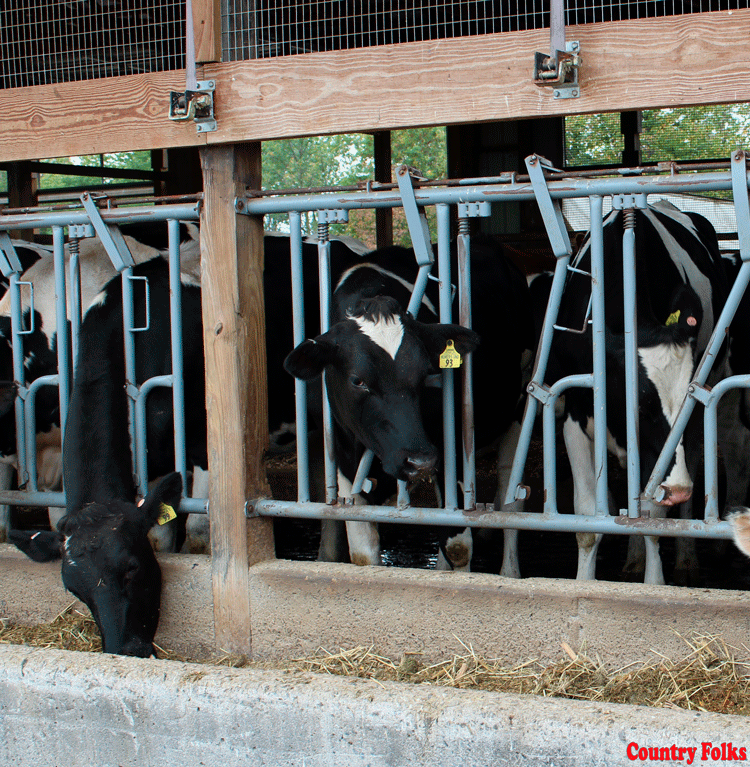
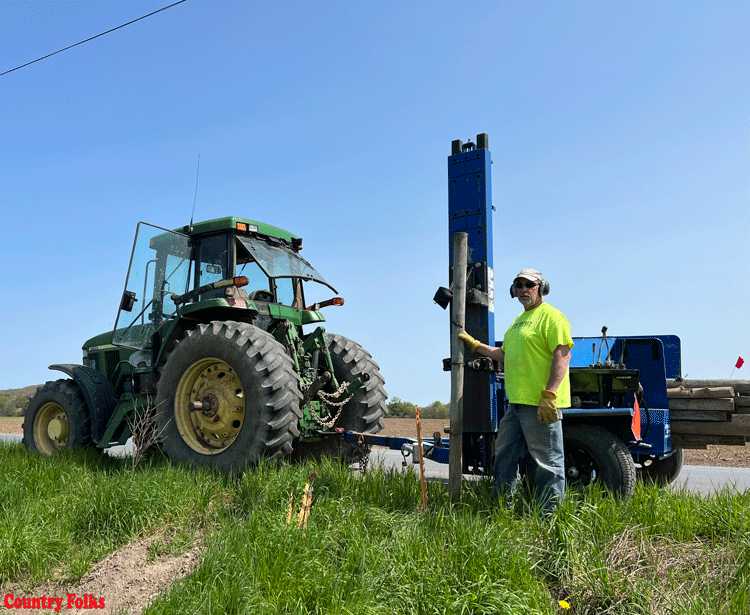

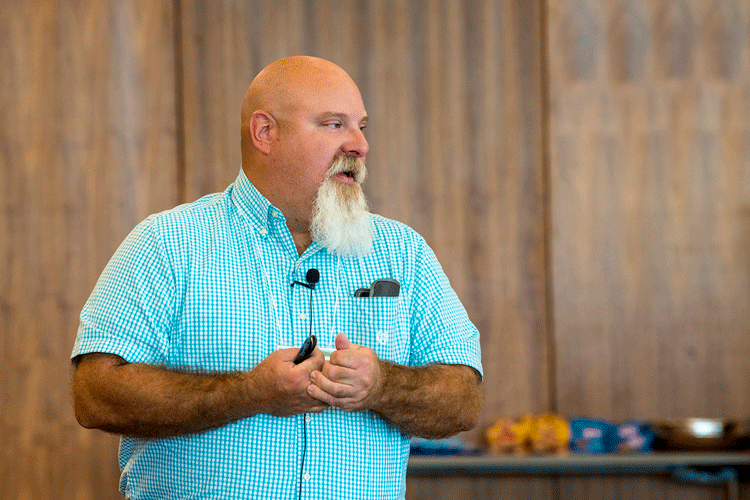
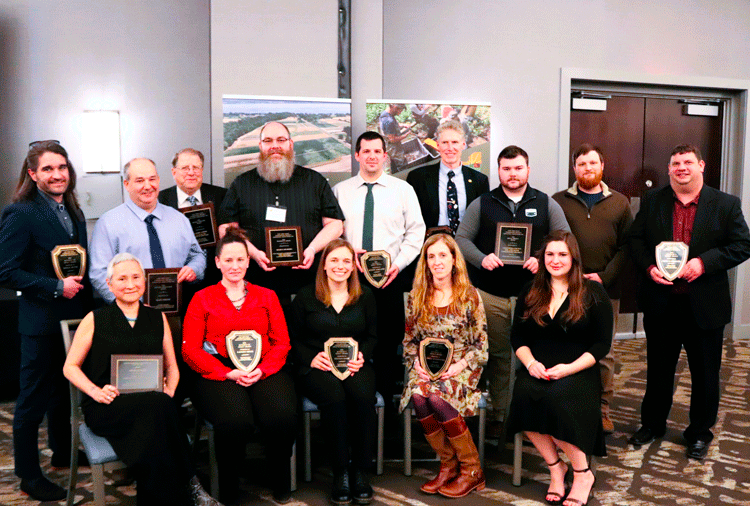

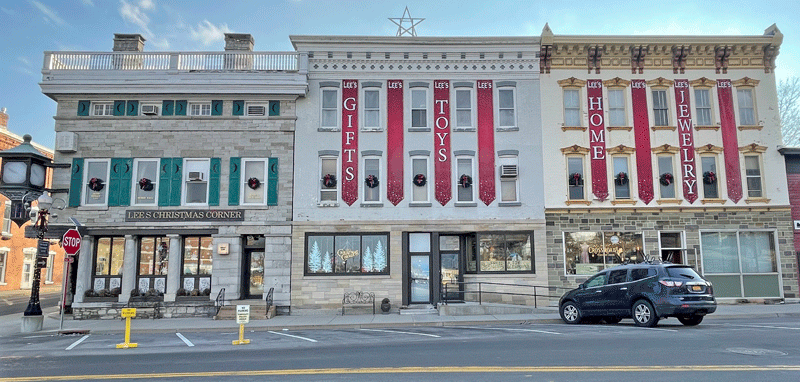

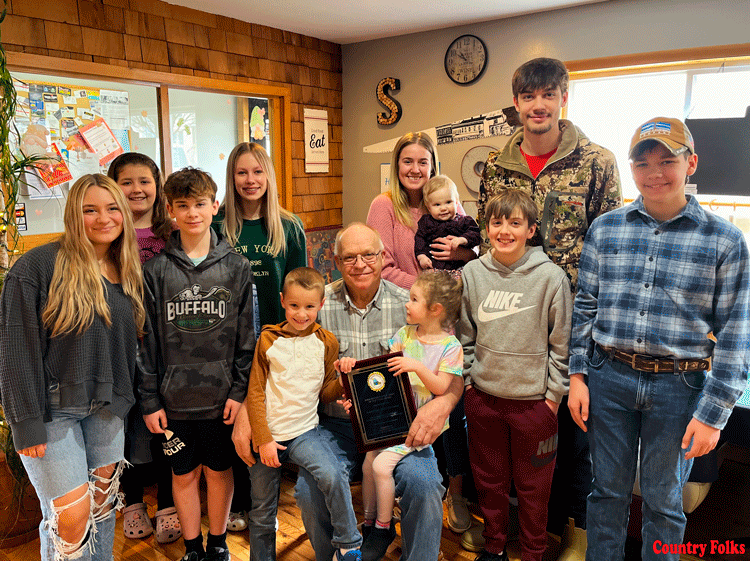


Leave A Comment